The simple and refined vegetarian dishes not only demonstrate the skillful preparation but also contain a philosophy of peaceful and virtuous life, and are a testament to the rich history and Buddhist culture of the ancient capital.

Professor Le Manh That delivered a speech at the scientific conference Lieu Quan Zen sect: History of formation and development in Hue in 2023
PHOTO: GN
As mentioned, the Lieu Quan Zen sect was born in Thuan Hoa, with the support of the Nguyen lords, developed brilliantly and Thuan Hoa quickly became the Buddhist capital of Vietnam from the early 18th century to the mid-20th century.
At the scientific conference Lieu Quan Zen Sect: History of formation and development held in Hue in 2023, Professor Le Manh That affirmed that the lineage and development process of Lieu Quan Zen Sect has made important contributions to the history of Vietnamese Buddhism and the history of the nation, especially from the period of Buddhist revival in the early 20th century to the present.
This contribution is shown through 5 main branches of transmission: the branch of Te An Luu Quang originated in Thuan Hoa; the branch of Te Nhon Huu Phi originated from Thuan Hoa, strongly developed in the South Central and Southern provinces; the branch of Te Lap Ung Am originated from Binh Dinh; the branch of Te Can Tu Chieu originated from Phu Yen ; the branch of Te Hien Buu Duong originated from Khanh Hoa.
Venerable Thich Hai An, President of the Vietnam Buddhist Academy in Hue, said that the transmission of this Zen lineage has been continuously continued and developed along with the footsteps of the Southward expansion, expanding the country's borders. Also from this Zen lineage, patriarchs, eminent monks, laymen, and Buddhists have devoted themselves to the cause of serving the Dharma and the nation, notably the movement to revive Buddhism, propagate the Dharma and benefit living beings, contributing to the glory of the nation and Vietnamese Buddhism in modern times. Up to now, the Lieu Quan Zen sect has developed widely throughout the country, spreading to many lands abroad, with thousands of pagodas and millions of monks, nuns, and Buddhists.
The strong development of the Lieu Quan Zen sect has directly created a solid foundation for the formation and popularization of the vegetarian tradition of Hue people. From this brilliant development, in Hue many large pagodas and temples have been formed and more and more Buddhist followers have taken refuge and practiced the celibate life of Buddhism. From here, vegetarian cuisine is no longer a strange concept but has become a familiar part of the spiritual and daily life of the people of the ancient capital.
Vegetarian dishes from self-sufficient food
A unique point in the development of Hue vegetarian cuisine associated with the Lieu Quan Zen sect is the self-sufficiency method of the pagodas. The Lieu Quan Zen sect, originating from Mahayana Buddhism introduced under the Nguyen Lords, did not advocate begging for alms but advocated the formation of a system of Buddhist pagodas associated with people's lives. This created an important premise: instead of living on the offerings of Buddhists, the pagodas in Hue cultivated gardens and fields to be proactive in food and food.

Every year, Buddhist monks and nuns from all over the country gather at Lieu Quan stupa to hold a tower cleaning ceremony to pay tribute to him.
PHOTO: BNL
From the founders of Hue pagodas to the development of pagodas and temples later, generations of monks and nuns have lived a celibate life, with few desires and contentment, and eaten vegetarian food from vegetables and rice grown in the pagoda's gardens and fields. With fresh, clean ingredients from the pagoda's gardens, the monks skillfully processed vegetables and fruits into food, and from there, Hue pagoda vegetarian dishes were born.
The monks' autonomy in the source of ingredients and their dedication in preparation have created vegetarian dishes with natural flavors, purity and rich nutritional value. This not only ensures the purity of the meal but also reflects the Buddhist philosophy of "little desire, knowing enough" and harmony with nature.
Hue's vegetarian dishes at the pagoda initially served the religious life, gradually becoming known, learned and widely popularized by Buddhists and people. This process has contributed to shaping the characteristics of Hue vegetarian cuisine: simplicity, natural flavors, diversity in types and forms, along with a profound philosophy of compassion and non-killing. From simple meals in the pagoda, vegetarian dishes have gradually been transformed, elevated and spread into every corner of life, from solemn offerings to daily meals of each family.
It can be said that the development of the Lieu Quan Zen sect, with its philosophy closely linked to people's lives and the self-sufficiency of pagodas, has created a solid foundation for Hue vegetarian cuisine. It is not only a part of culinary culture but also a testament to a sustainable spiritual tradition, contributing to the unique identity of the ancient capital. (continued)
Source: https://thanhnien.vn/tinh-hoa-am-thuc-chay-hue-tu-chua-hue-den-doi-song-hang-ngay-185250908230956939.htm


![[Photo] High-ranking delegation of the Russian State Duma visits President Ho Chi Minh's Mausoleum](https://vphoto.vietnam.vn/thumb/1200x675/vietnam/resource/IMAGE/2025/9/28/c6dfd505d79b460a93752e48882e8f7e)
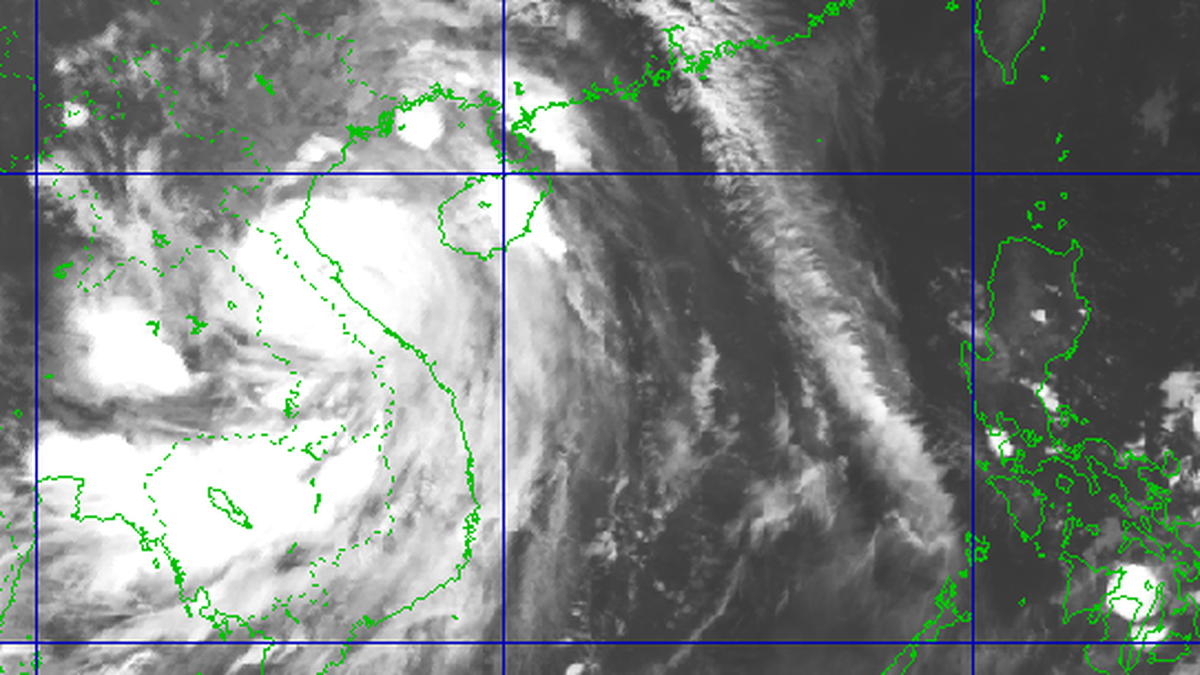
![[Photo] The 4th meeting of the Inter-Parliamentary Cooperation Committee between the National Assembly of Vietnam and the State Duma of Russia](https://vphoto.vietnam.vn/thumb/1200x675/vietnam/resource/IMAGE/2025/9/28/9f9e84a38675449aa9c08b391e153183)

![[Photo] Joy on the new Phong Chau bridge](https://vphoto.vietnam.vn/thumb/1200x675/vietnam/resource/IMAGE/2025/9/28/b00322b29c8043fbb8b6844fdd6c78ea)

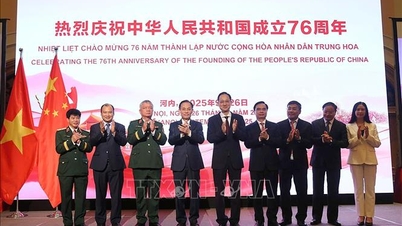



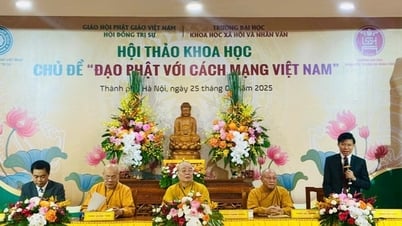

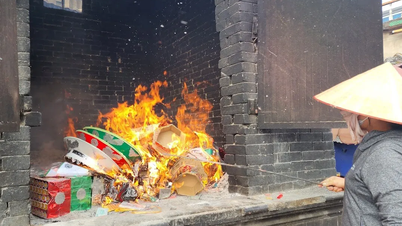

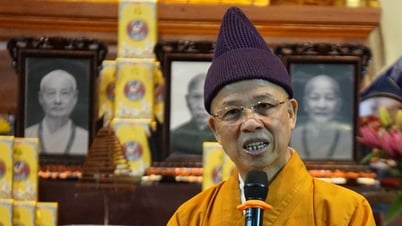

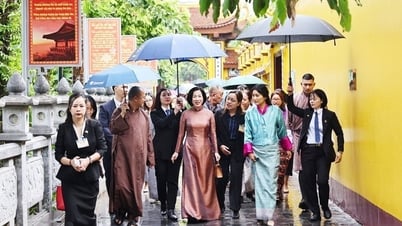








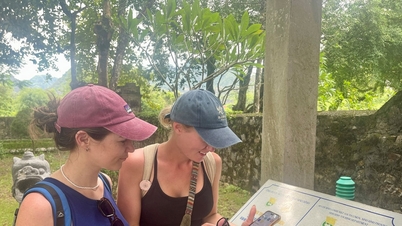



































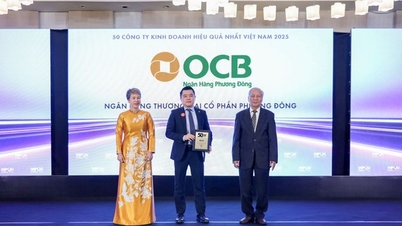
















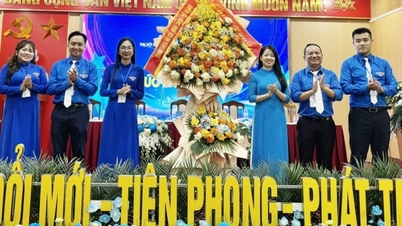
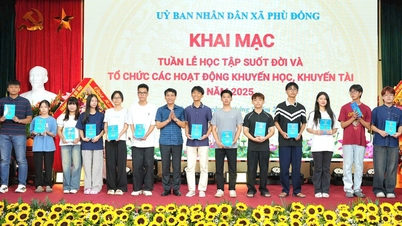
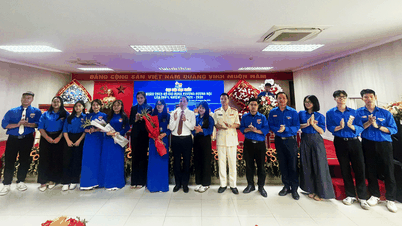
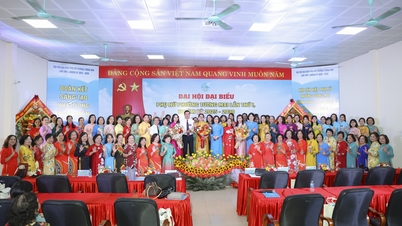













Comment (0)